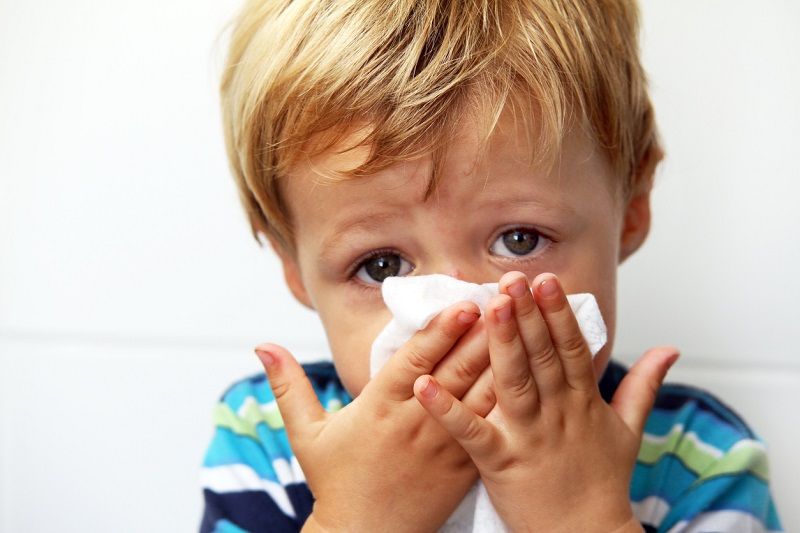If you’re a person that’s prone to allergies, then you may want to pay extra close attention to your HVAC system.
While spring allergies from the outdoors can be a miserable time, your allergies can also act up in the fall and winter due to indoor allergens.

Have Your HVAC System Serviced
Most people suffer from allergies. Relief from the sneezing and sore throats doesn’t always come in the form of a pill. You can also ease your symptoms by making sure your HVAC system is working properly to improve the air quality in your home and reduce the number of allergens indoors.
The first step is to have your HVAC system serviced twice per year; once in the fall and once in the spring. This will ensure there are no malfunctioning parts that could make your heating and cooling system less effective.
Use the Right Air Filter
Keeping air filters clean is one of the best ways to cut down on allergens in your home. Not only do you need to switch out these filters every few months, you also need to have the right kind of filter in your HVAC system.
Fiberglass filters are not able to trap allergens like dust, pollen, mold spores, or pet dander. A pleated filter is your best option for keeping out these irritants and maintaining good indoor air quality. Also, be sure your filter is not too dense, as that will reduce air flow.
If you’re unsure of what filters to purchase, how to change them out, or how often to change them out based on your home — our HVAC technicians would be more than happy to help educate you!
Keep Your Ducts Clean
Along with the proper air filter, cleaning the ducts of your HVAC system is critical to having good indoor air quality. If you smell something odd or see dust deposits around the registers, that is a sign you need to clean your ducts.
Ductwork is notorious for collecting dust particles and debris that travel through them, as well as developing mold on its surfaces. Mold growth is common in ductwork due to condensation that can occur on the metallic surfaces throughout.
Due to this buildup of dust, debris, and mold — you should have your ductwork inspected at least every other year (and cleaned when needed).
—
You don’t have to live with indoor allergies. You can easily rid them from your home whenever you take action!
When it’s time to take action, we’ll be right here waiting for your call!

